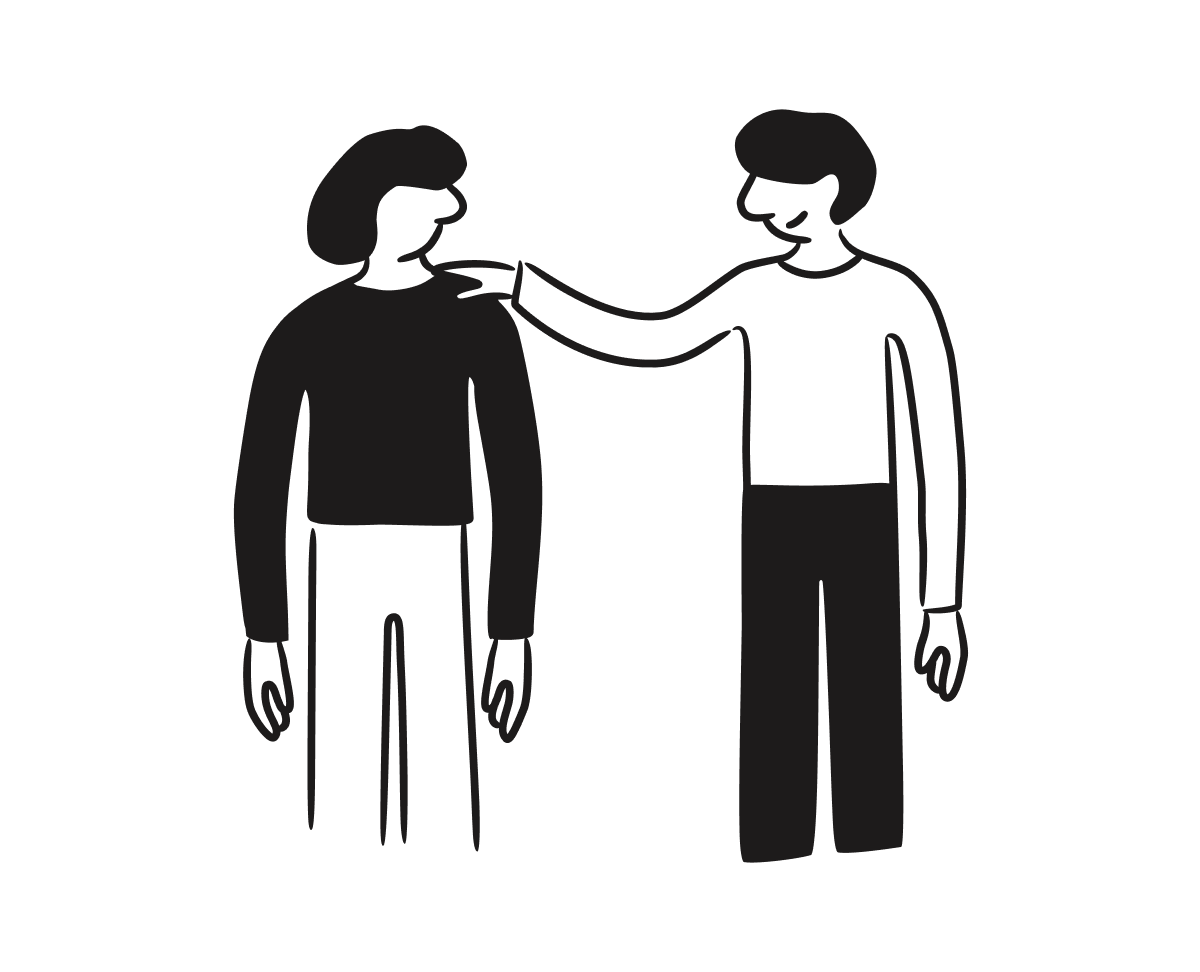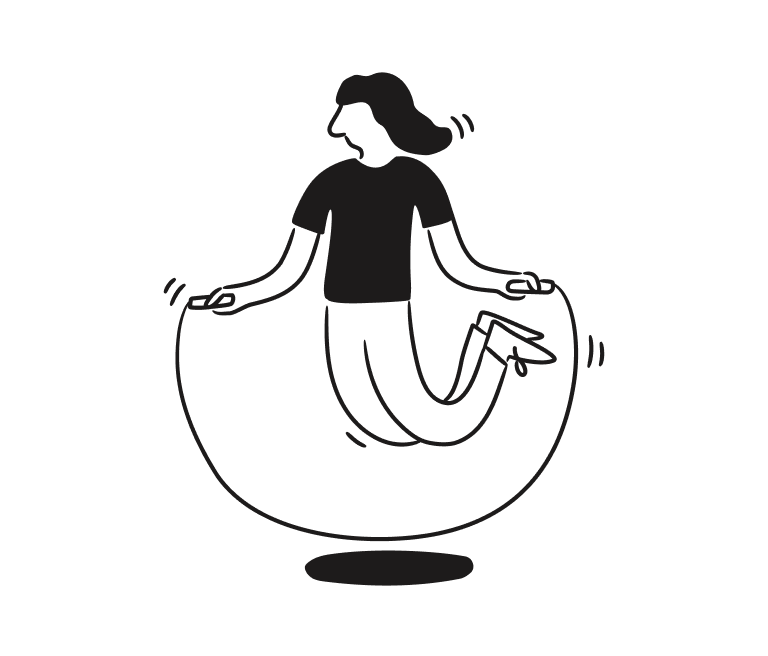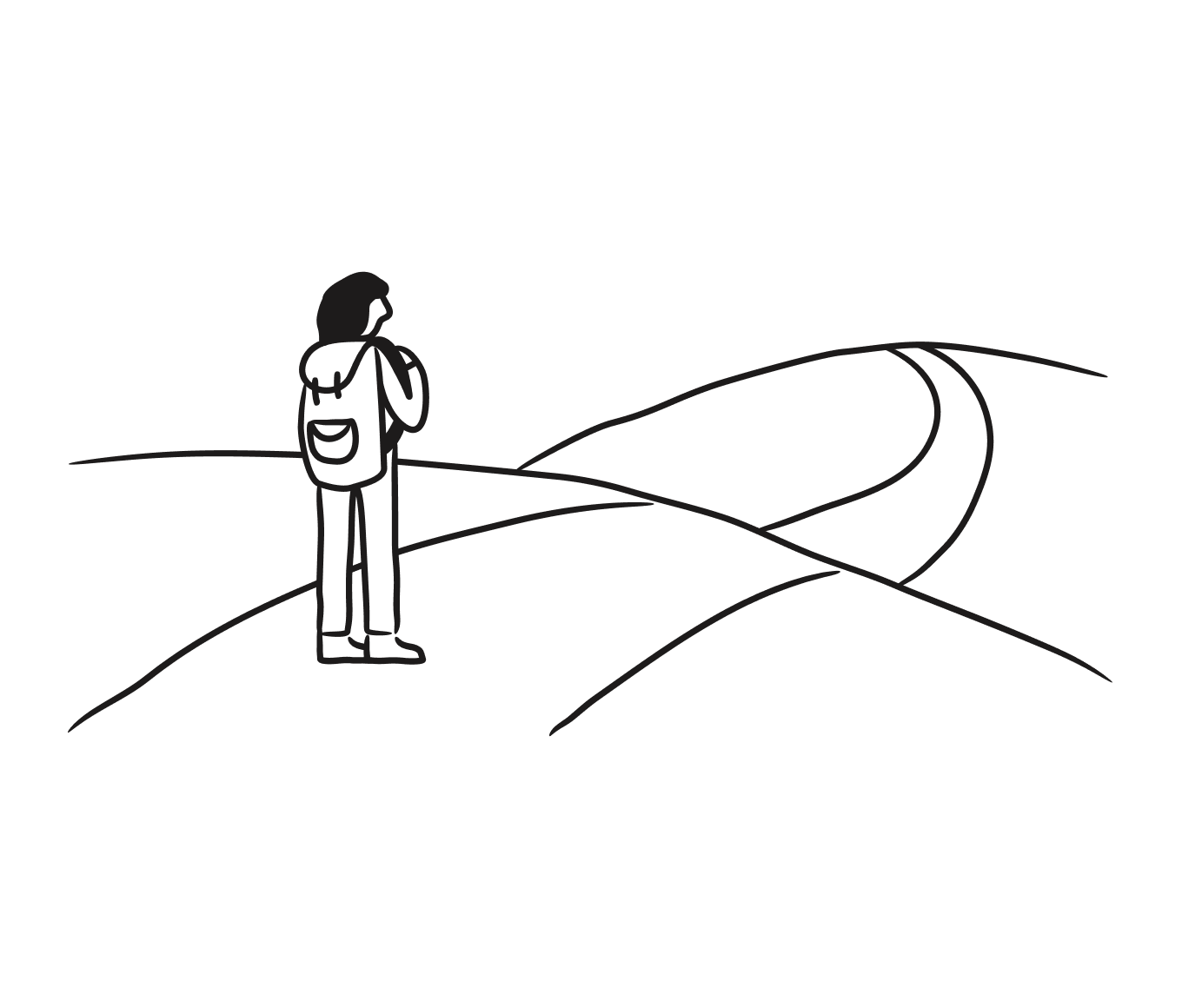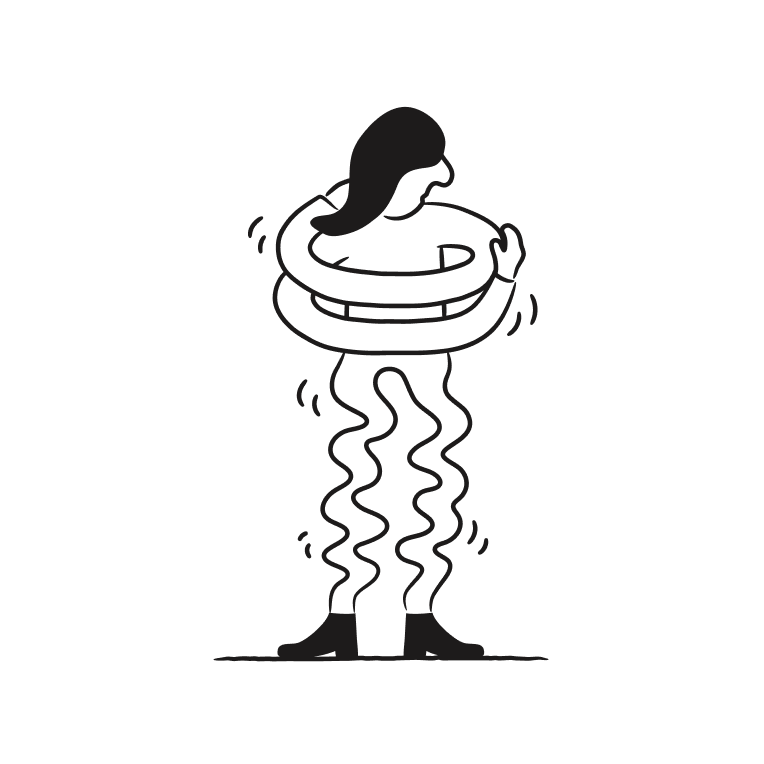Antenatal Depression
Welcoming a new baby is a magical time, but it can also bring challenges, especially for your mental well-being. Perinatal mental health issues can affect anyone during pregnancy and after childbirth. With help and support most people with antenatal depression are able to manage the condition.


Signs of feeling low or depressed during pregnancy
It's normal to feel tired and a little irritable during pregnancy, but if you’re finding you don’t feel like yourself, it’s a good idea to get in touch with your midwife or GP. Symptoms to watch out for can include:
- feeling low mood, or tearful a lot of the time
- getting angry easily, easily irritated
- negative, unwanted thoughts
- feeling hopeless or guilty
- struggling to make decisions or concentrate
- losing interest in things, not feeling yourself
- loss of appetite, or excessive eating
Looking after yourself during pregnancy

Breathing exercises
Relaxation or meditation is a great way to calm yourself, especially if you’re feeling overwhelmed.

Talk to someone you can trust
Talk to someone you trust about your feelings, like a family member, friend, or your GP or midwife. It can help to share your worries and anxieties with others to help take the load off your shoulders.

Keep moving
Keeping active during pregnancy can help to improve your mood and sleep. Going for a walk, swim, or try antenatal yoga. Just make sure to choose exercises appropriate for your stage of pregnancy and consult with your GP or midwife.

Eat well
A balanced diet during pregnancy is crucial for both the mother's and baby's well-being. While we can all enjoy a few treats – and we deserve them from time to time, It's important to consume a variety of nutrient-rich foods. You can get advice from your GP or midwife on what’s best for you.
Support with Mindler
While we’re not able to diagnose antenatal depression, we can help with the emotional and psychological impact - such as low mood, anxiety, or stress.
Mindler (previously ieso) treats a range of common mental health issues including anxiety and worry, depression, post-traumatic stress disorder, obsessive compulsive disorder, phobias, sleep problems, and stress. Online therapy can be especially useful for those who are unable to travel or find it harder to leave the house because sessions take place online from the comfort of your home, from your smart phone or tablet, or anywhere where you connect to the internet.
If you’re experiencing difficulties, it’s important to speak with your GP first. They will be able to talk you through different support options suitable for your needs. One of the things they might suggest is cognitive behavioural therapy (CBT) which helps you to manage your feelings by changing the way that you think and behave.

What we treat
From trouble sleeping to anxiety to depression, mental health conditions can affect many of us in different ways. Mindler clinicians treat a range of common mental health symptoms.
Where to get urgent help

Support is available if you or someone you know is having a mental health crisis or emergency, no matter what you're going through.
If you or someone you know is having a mental health crisis, you can get urgent support here
Or speak to your GP or a mental health professional. Let them know about the symptoms you’re experiencing, and they can support you with what help is available.









